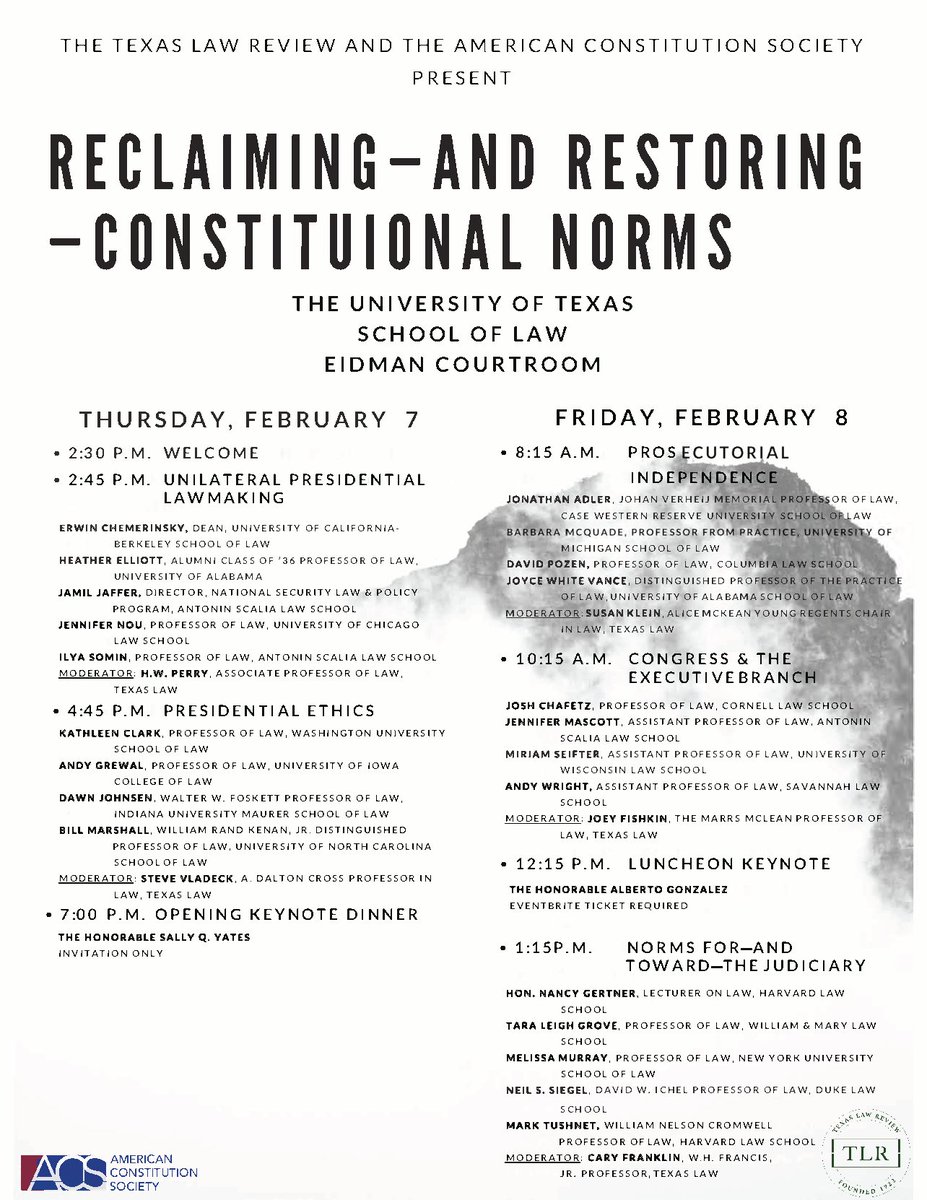(I only attended Saturday and due to parallel sessions couldn’t be in them all, so may have missed it)
Find out more: economicquestions.org/the-financial-… and speri.dept.shef.ac.uk/2019/02/27/sus…
Twitter may remove this content at anytime, convert it as a PDF, save and print for later use!

1) Follow Thread Reader App on Twitter so you can easily mention us!
2) Go to a Twitter thread (series of Tweets by the same owner) and mention us with a keyword "unroll"
@threadreaderapp unroll
You can practice here first or read more on our help page!

